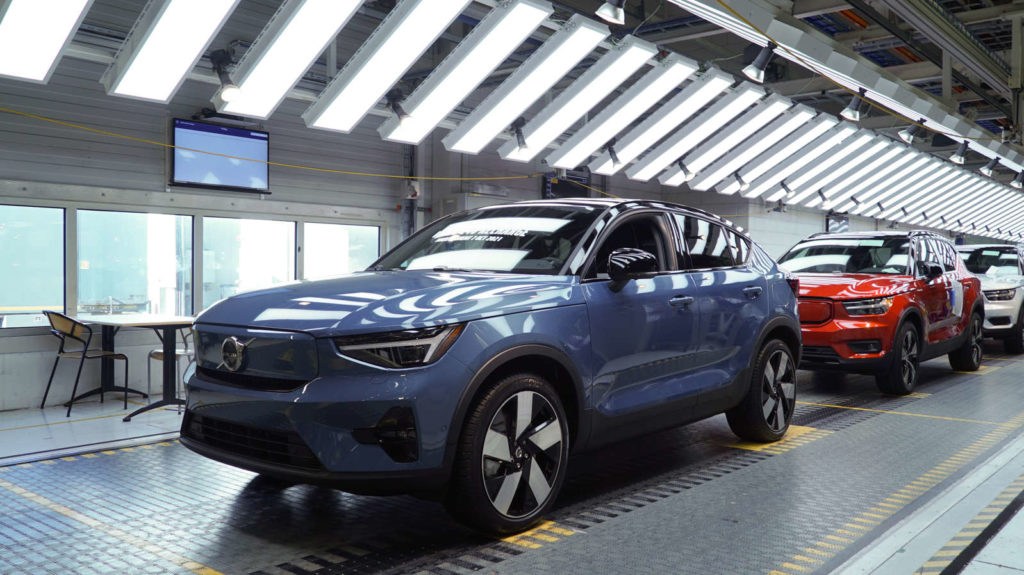Swedish automaker Volvo Cars has announced that it is leaving the Association of European Manufacturers, thus showing its disagreement with the industry lobby in Europe, which opposes the European Union’s plan to ban sales of gas and diesel cars from 2035.
“Volvo Cars will leave the Association of European Manufacturers (ACEA) at the end of 2022,” the Swedish group announced on Friday in a statement sent to AFP. “After careful consideration, we have concluded that Volvo Cars’ sustainability strategy and ambitions are not fully aligned with ACEA’s positioning and way of working at this stage.
“We therefore believe it is best to take a different path for the moment,” added the group, which has decided to sell only fully electric models by 2030. In doing so, Volvo is following in the footsteps of the Stellantis automotive group – Europe’s number two conglomerate, born of the merger of Peugeot-Citroën and Fiat-Chrysler – which, to everyone’s surprise, announced in mid-June that it intended to leave ACEA by the end of the year.
While Stellantis has not officially revealed the reason for its departure, the group has been anticipating the electric shift for months. Like several of its European competitors, it has already announced 100% electric-vehicle sales in Europe by 2030.
Until now, the ACEA, a very active lobbying organization in Brussels, included the sixteen major car manufacturers based in Europe, including Volkswagen Renault, Hyundai and Toyota.
However, the association was firmly opposed to the European Commission’s plan, approved in June by Parliament, to ban the sale of new cars with combustion engines from 2035, judging it “irrational”.
In particular, it wanted to allow the manufacturing of hybrid cars to continue. These are vehicles that have a heat engine and an electric motor.

